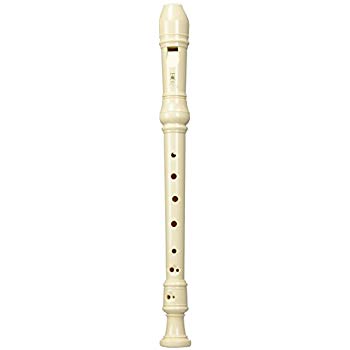
noun
- a person who records, especially as an official duty.
- English Law.
- a judge in a city or borough court.
- (formerly) the legal adviser of a city or borough, with responsibility for keeping a record of legal actions and local customs.
- a recording or registering apparatus or device.
- a device for recording sound, images, or data by electrical, magnetic, or optical means.
- an end-blown flute having a fipple mouthpiece, eight finger holes, and a soft, mellow tone.
noun
- a person who records, such as an official or historian
- something that records, esp an apparatus that provides a permanent record of experiments, etc
- short for tape recorder
- music a wind instrument of the flute family, blown through a fipple in the mouth end, having a reedlike quality of tone. There are four usual sizes: bass, tenor, treble, and descant
- (in England) a barrister or solicitor of at least ten years’ standing appointed to sit as a part-time judge in the crown court
“chief legal officer of a city,” early 15c., from Anglo-French recordour (early 14c.), Old French recordeor “witness; storyteller; minstrel,” from Medieval Latin recordator, from Latin recordari “remember” (see record (v.)).
Meaning “registering apparatus” is from 1873. The musical instrument is attested by this name from early 15c., from record (v.) in the obsolete sense of “practice a tune.” Used by Shakespeare and Milton (“of flutes and soft recorders,” “Paradise Lost”). The name, and the device, were rarely heard by mid-1800s, ousted by the flute, but enjoyed a revival after 1911 as an easy-to-play instrument for musical beginners.
A wooden flute played like a whistle. It was popular in the fourteenth through eighteenth centuries. Interest in it has been revived over the past few decades.
 Liberal Dictionary English Dictionary
Liberal Dictionary English Dictionary